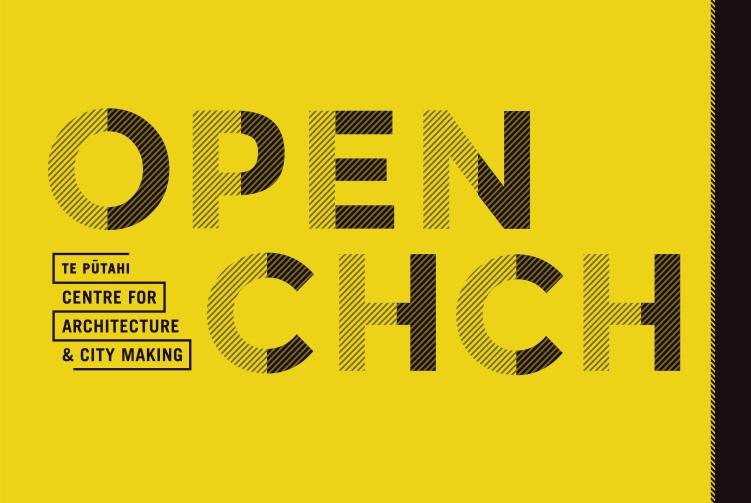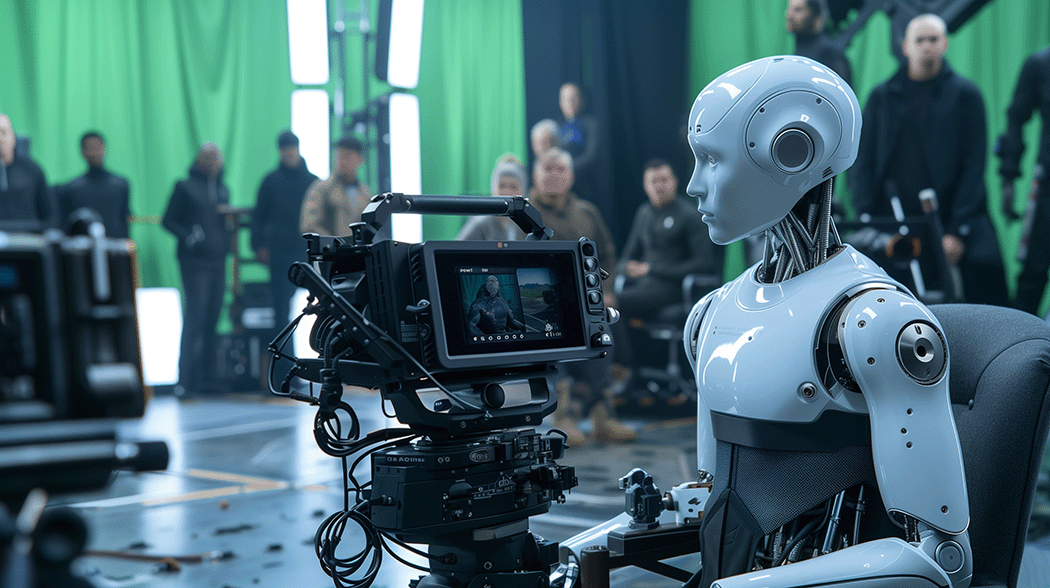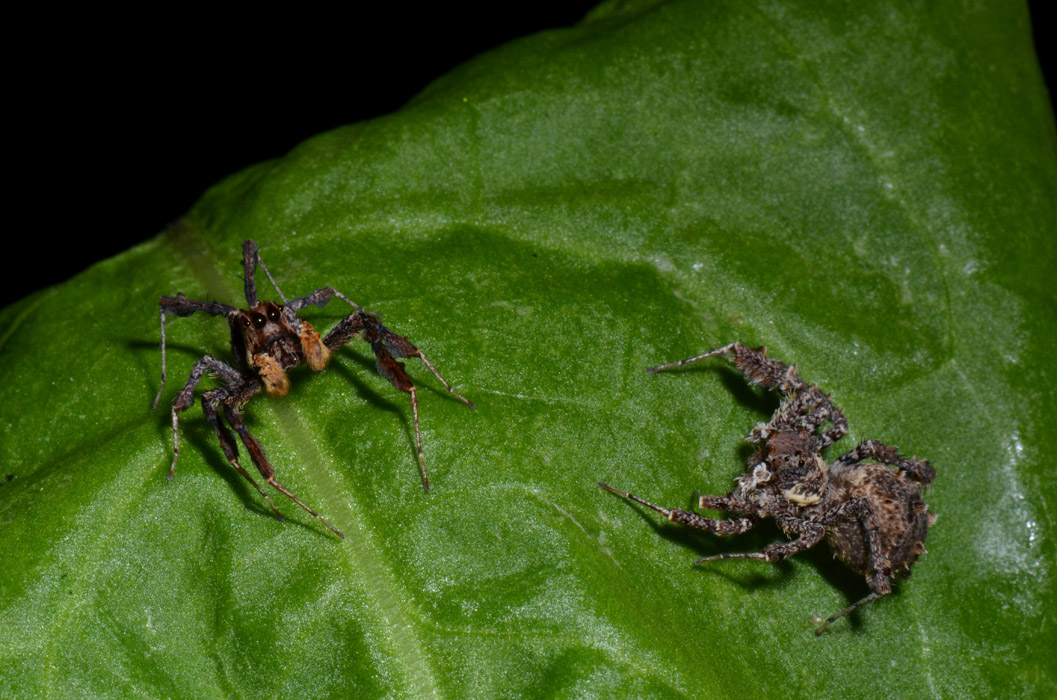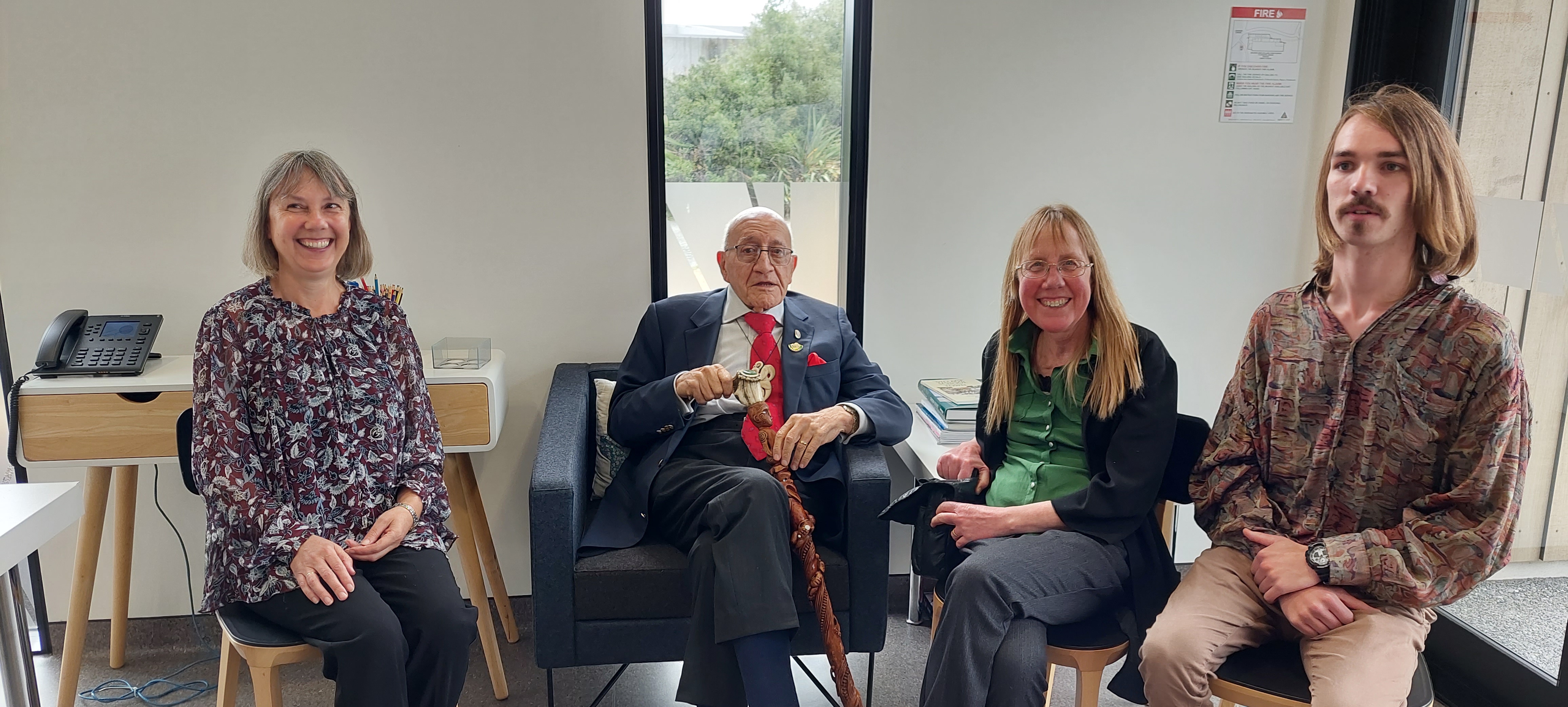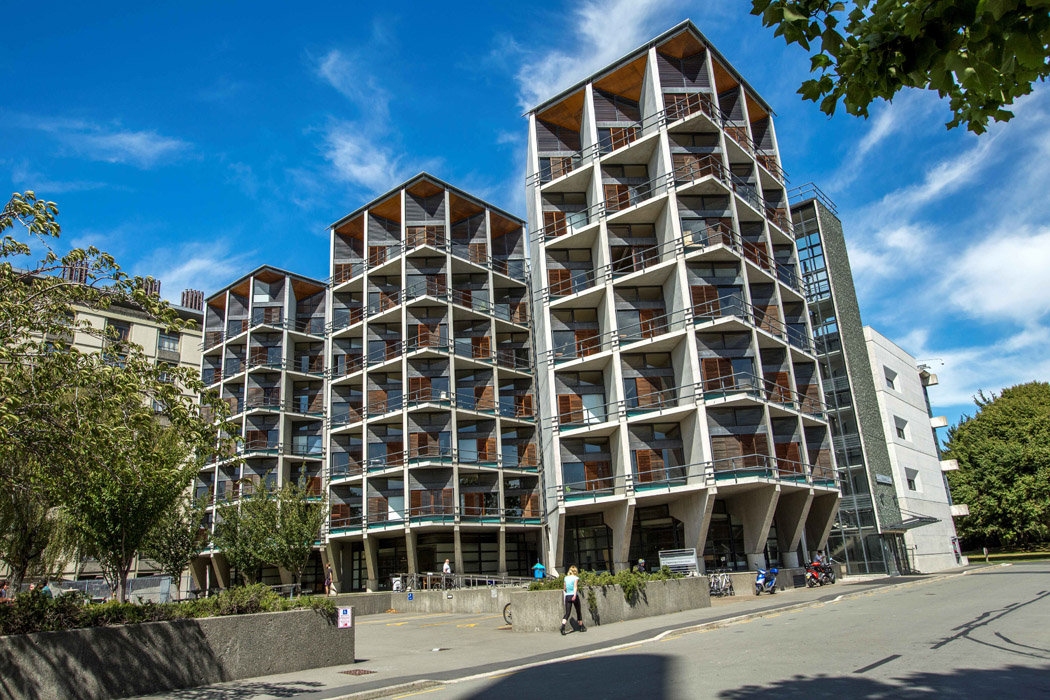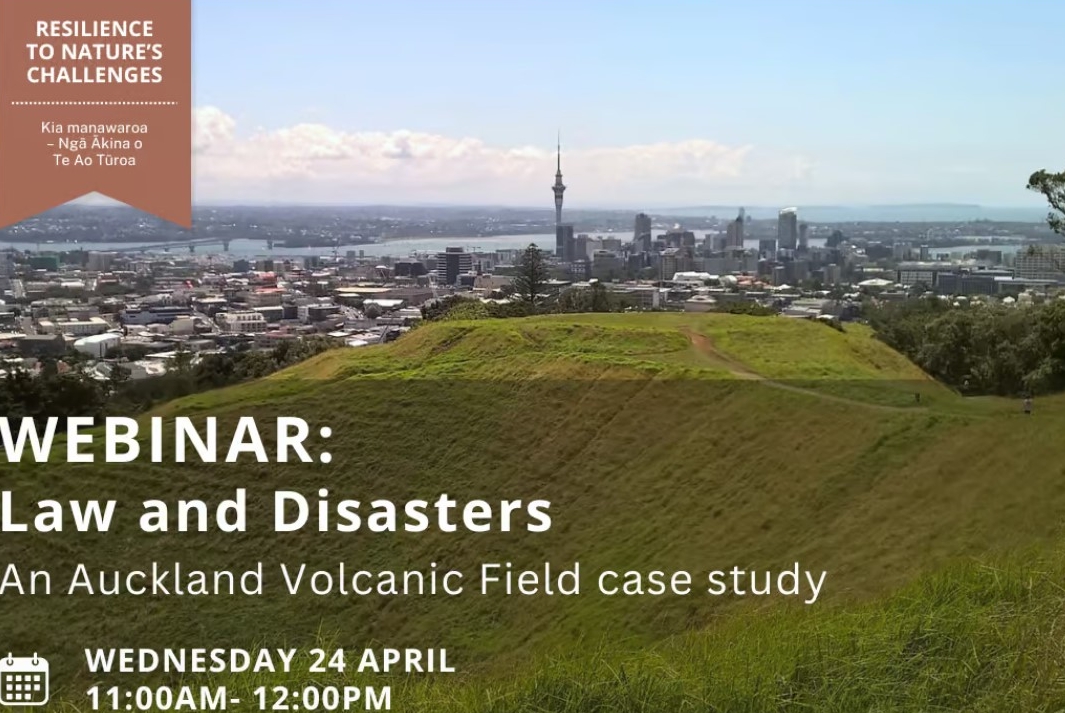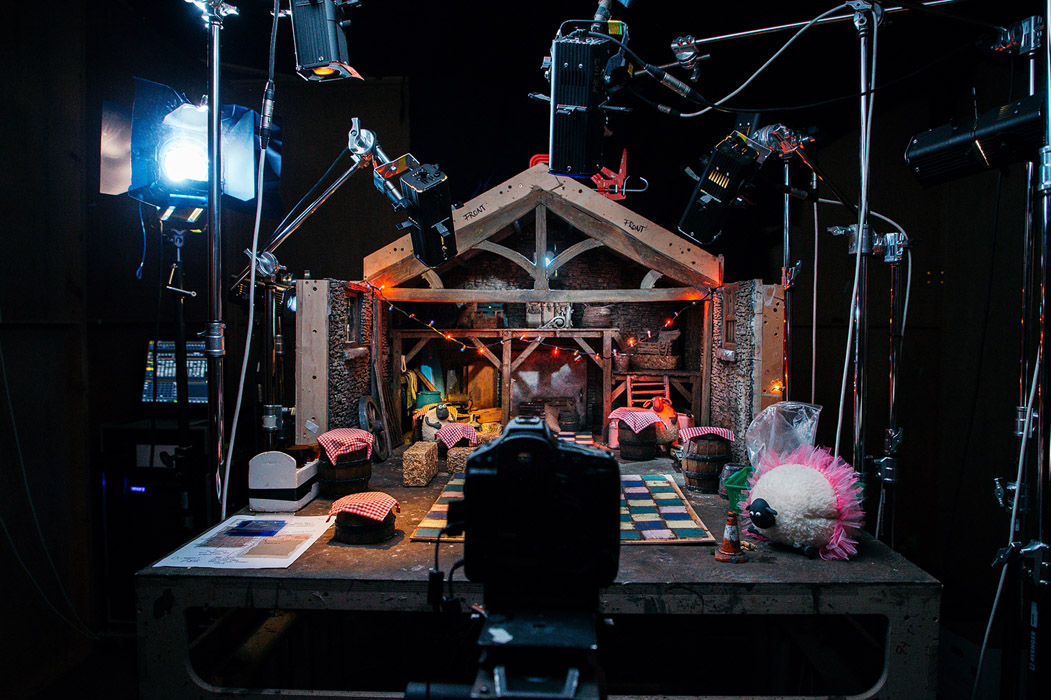UC doctoral researcher Prerna Singh’s academic adventures in computer science have taken her from working with hospital sonographers to data wrangling for Weta Digital.
Can you tell us about what brought you to UC?
“My area of specialisation is signal processing, and I wanted to pursue research in related fields such as medical image analysis and machine learning. I found that the Computer Graphics and Medical Image Analysis group in the Department of Computer Science and Software Engineering at the University of Canterbury has been involved in several research projects that have interesting clinical applications. I then contacted Associate Professor Ramakrishnan Mukundan [in UC Computer Science and Software Engineering] who leads the research group and discussed a research proposal on medical ultrasound image analysis. Dr Mukundan’s response agreeing to supervise my research was highly encouraging, and I was excited to see the possibility of carrying out my doctoral research work at a university of international repute. My research work further developed into a collaborative project with the Canterbury District Health Board (CDHB) with the involvement of the charge sonographer, Dr Rex De Ryke as my associate supervisor.”
What did you study and why did you choose it?
“During my postgraduate study majoring in Signal Processing, I developed an interest in medical image analysis methods after realising that there are several research problems in this field that have direct clinical applications. I chose ultrasound image processing algorithms as my research topic as it is a highly active research area with a wide range of application domains resulting from emerging technologies in machine learning and mobile software systems. During my first year at UC, an extensive review of academic literature gave me a clear understanding of the importance of ultrasound image enhancement techniques and their potential uses in a clinical setting. I was very fortunate to get the opportunity to discuss my research ideas with a charge sonographer at the CDHB, who agreed to act as an associate supervisor for my project. My research required regular discussions and inputs from clinicians, and having that facility to develop a collaborative research between UC and CDHB was the best part of my studies.”
Best thing about your studies?
“Best things about UC, there are lots – getting the opportunity to interact with the world’s finest professors of international repute, working at a project of your own with focus on a problem of cutting-edge research, the opportunity to develop an important set of skills which are transferable to industry. The resources and facilities provided to students to accomplish their goals are outstanding. I worked as SOAR [peer support] advisor under the deputy vice-chancellor research and innovation, where I understood UC is not just focused on academics, its more about the overall development of the students, irrespective of what you study at UC. The best part of UC is diversity, inclusion and equal respect for everyone.”
Where did your PhD take you and what are you doing now?
“My PhD research and involvement in funded projects as a research assistant helped me develop core competencies in the fields of machine learning and data analysis, as well as essential transferable skills in the areas of research collaboration and project management. I also had the opportunity to publish journal articles and give technical presentations at several international conferences, which greatly enhanced my oral and written communication skills. When I was in the final stages of writing my PhD thesis, I received an offer of appointment as a Data Wrangler at New Zealand's premier visual effects company, Weta Digital Limited in Wellington. This offer led to an immediate transition to industry upon completion of my PhD. Now, I am closely working with team of developers and senior managers of the IT Department at Weta Digital, towards the implementation of an intelligent tool to process massive amounts of data produced by the organisation.”
What are you looking forward to at your graduation ceremony – what does it mean to you?
“Acquiring a PhD qualification from a prestigious university that has been internationally recognised for research in Engineering has been my long-cherished wish. Receiving my degree at the graduation ceremony will not only mean the realisation of that dream but also an opportunity to reflect on my amazing and remarkable PhD research journey at UC. As the graduation day approaches, I do feel very lucky and extremely grateful to have received such an incredible guidance, support, inspiration and knowledge during three years of my research work. The graduation ceremony will in all respects be a defining moment in my life.”

